Please note: As we continue to learn more about COVID-19, the information in this article may change. You can find our most up-to-date information about coronavirus here.
The COVID-19 outbreak has raised a lot of questions from parents, including whether or not women who have tested positive for COVID-19 can breastfeed their babies. Because we are still learning about how COVID-19 is spread, experts have had to look at other similar diseases, such as Severe Acute Respiratory Syndrome (SARS-CoV), for answers to this question. The good news is that in both diseases, virus was not found in breastmilk. However, the Centers for Disease Control (CDC) does caution that they “do not know whether mothers with COVID-19 can transmit the virus via breast milk.”
The bottom line is that if you have tested positive for COVID-19, or if you think you have been exposed to the virus, in all likelihood it is safe to continue nursing your child — as long as you take the proper precautions to avoid spreading the virus to your infant. In fact, breast milk has many properties that can help strengthen your baby’s immune system. Importantly, if you have tested positive for COVID-19, antibodies in your breast milk can potentially help protect your baby from COVID-19.
To avoid spread of COVID-19 while nursing, be sure to wash your hands before touching your baby and wear a face mask, if possible, while breastfeeding. If you have a confirmed COVID-19 infection, you should also remain separate from other family members including your baby (assuming other family members are not infected at home and you can safely do this), except for during breastfeeding.
If you have a confirmed COVID-19 infection and are expressing breast milk with a breast pump, you should wash your hands before touching any pump or bottle parts and follow recommendations for proper pump cleaning after each use. If possible, consider having someone who is virus-free feed the expressed breast milk to your baby.
Please note: information about COVID-19 transmission is emerging daily. The recommendations in this article are current as of the publication date. Please consult resources such as the CDC and the WHO for the most recent guidance.
 https://riseandshine.childrensnational.org/wp-content/uploads/2025/12/Mom-nursing-feature.jpg
300
400
Rise and Shine
https://riseandshine.childrensnational.org/wp-content/uploads/2017/11/childrens_riseandshine_logo.jpg
Rise and Shine2025-12-04 11:29:032025-12-04 11:29:03Tips for surviving your first month of breastfeeding
https://riseandshine.childrensnational.org/wp-content/uploads/2025/12/Mom-nursing-feature.jpg
300
400
Rise and Shine
https://riseandshine.childrensnational.org/wp-content/uploads/2017/11/childrens_riseandshine_logo.jpg
Rise and Shine2025-12-04 11:29:032025-12-04 11:29:03Tips for surviving your first month of breastfeeding





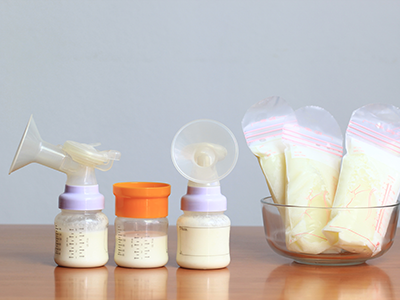



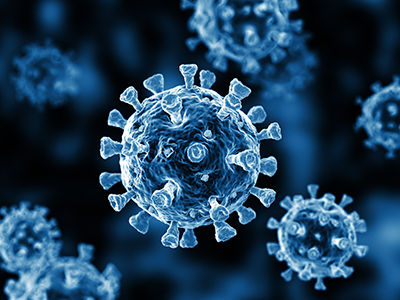

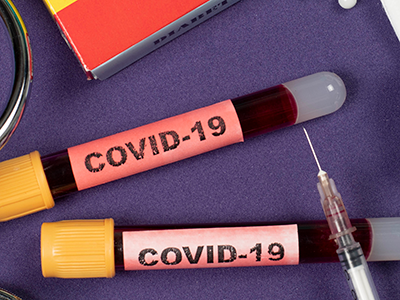
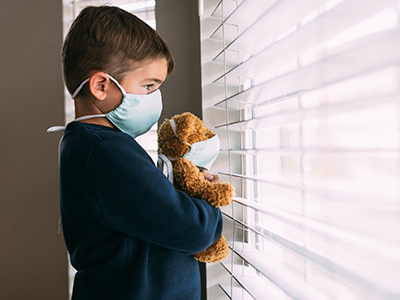
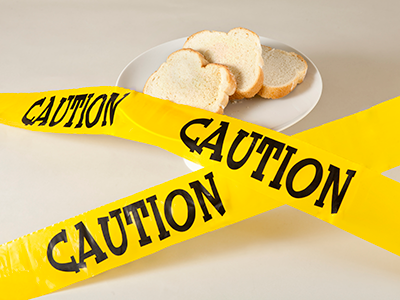
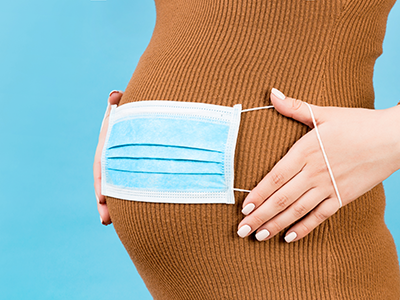
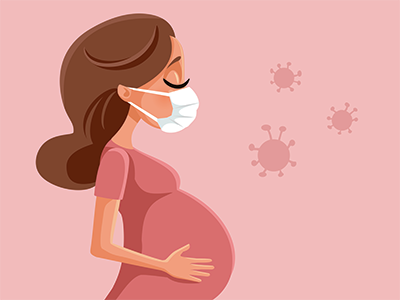
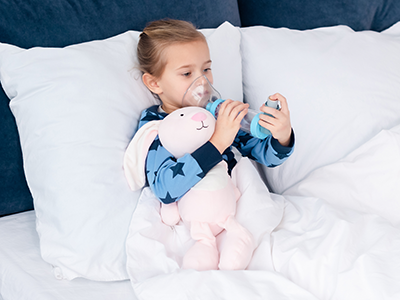
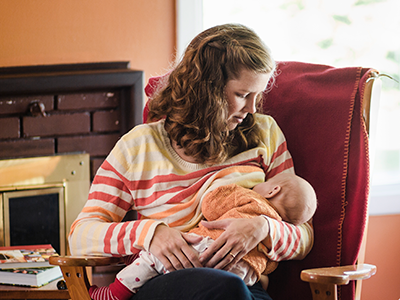



Leave a Comment
Want to join the discussion?Feel free to contribute!